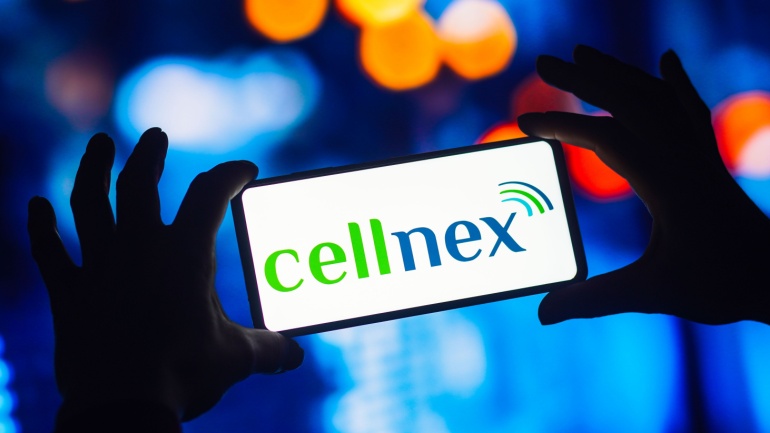Cisco’s Q4 and fiscal year 2024 results reflect a mixed performance with essential strategic shifts. The company generated $13.6 billion in quarterly revenue and $53.8 billion for the fiscal year. Cisco’s focus on AI, cloud, and cybersecurity, underpinned by key milestones like $1 billion in AI sales, underscores its future growth vision.
Amazon has achieved its 100% renewable energy goal seven years ahead of schedule, powering all its operations with sustainable energy. Recognized by Bloomberg NEF as the largest corporate buyer of renewable energy, Amazon has invested in over 500 solar and wind projects worldwide. This commitment significantly advances global sustainability initiatives.
Australia-based Infoblox recently published an insightful report on the hybrid and multi-cloud maturity of APAC organizations. The report reveals that APAC firms are either lagging or leading in cloud management. Key findings emphasize the benefits of strategic investments and collaboration in hybrid, multi-cloud environments to optimize security and efficiency.
The FCC’s new Mobile Speed Test app is revolutionizing the accuracy of the National Broadband Map. This advanced app replaces the old FCC Speed Test app and introduces hands-free testing while driving, enhancing user convenience. Accurate broadband data is essential for programs like BEAD, making this app a game-changer.
Zoom has launched its new Education Ambassador Program to enhance the use of Zoom Workplace tools in K-12 and higher education. The initiative will initially include over 30 North American participants, focusing on innovative teaching methods. Ambassadors will share best practices and provide feedback to improve Zoom’s educational technology.
Cellnex is nearing the sale of its Austrian operations, with multiple offers on the table and advanced negotiations underway. This news, alongside strong first-half financial results, boosted investor confidence despite a net loss of €418 million. The sale is part of Cellnex’s strategy to divest non-core assets and focus on debt reduction and organic growth, resulting in improved revenues and reduced net debt.
T-Mobile US reported strong Q2 2024 performance, adding over 777,000 postpaid phone customers and 406,000 home internet users. Surpassing the 100 million postpaid customer mark, the company revised its full-year guidance upwards. Despite slight churn rate increases, significant investments in fiber and prepaid services underscore T-Mobile’s growth strategy in the VoIP space.
Vodafone has outlined a strong case for equipping UK public buildings with 5G-enabled technology. The ‘Connected Spaces’ report highlights how digital twins, IoT, and smart sensors can save the public sector £580 million annually. By integrating these technologies, Vodafone promises significant energy efficiency and reduced CO2 emissions, aiding sustainability goals.
BAE Systems and Siemens have forged a five-year collaboration to create a strategic blueprint for smart manufacturing. This partnership aims to incorporate Industry 4.0 solutions, leveraging Siemens’ Teamcenter PLM software and Xcelerator ecosystem. The focus includes digital transformation, sustainability, and supply chain modernization, driving innovation in aerospace manufacturing.
Cisco and Rockwell Automation have partnered to accelerate industrial digital transformation in the Asia Pacific, Japan, and Greater China region. This collaboration aims to optimize manufacturing operations, boost productivity, and ensure industrial network security through advanced solutions like industrial IoT.













